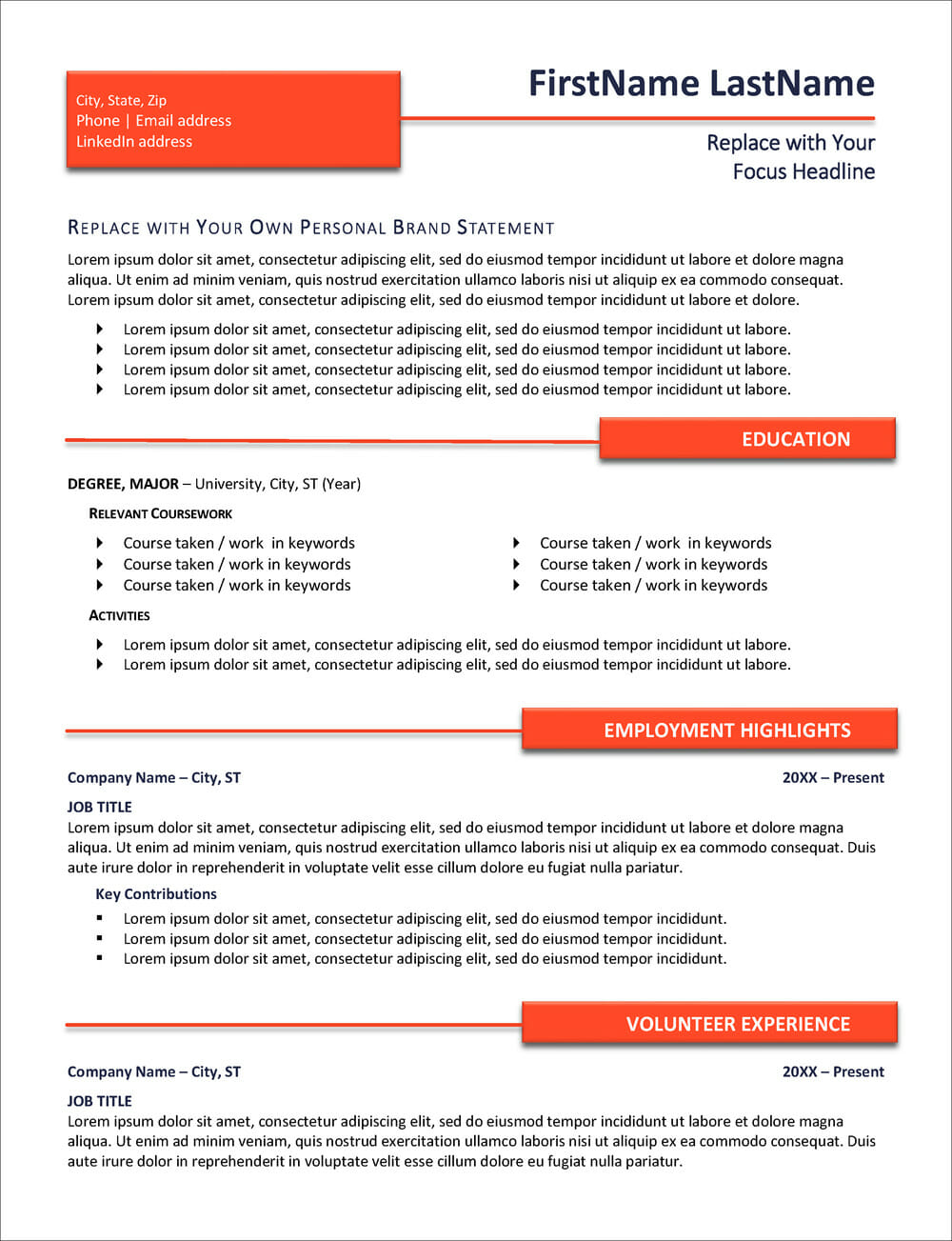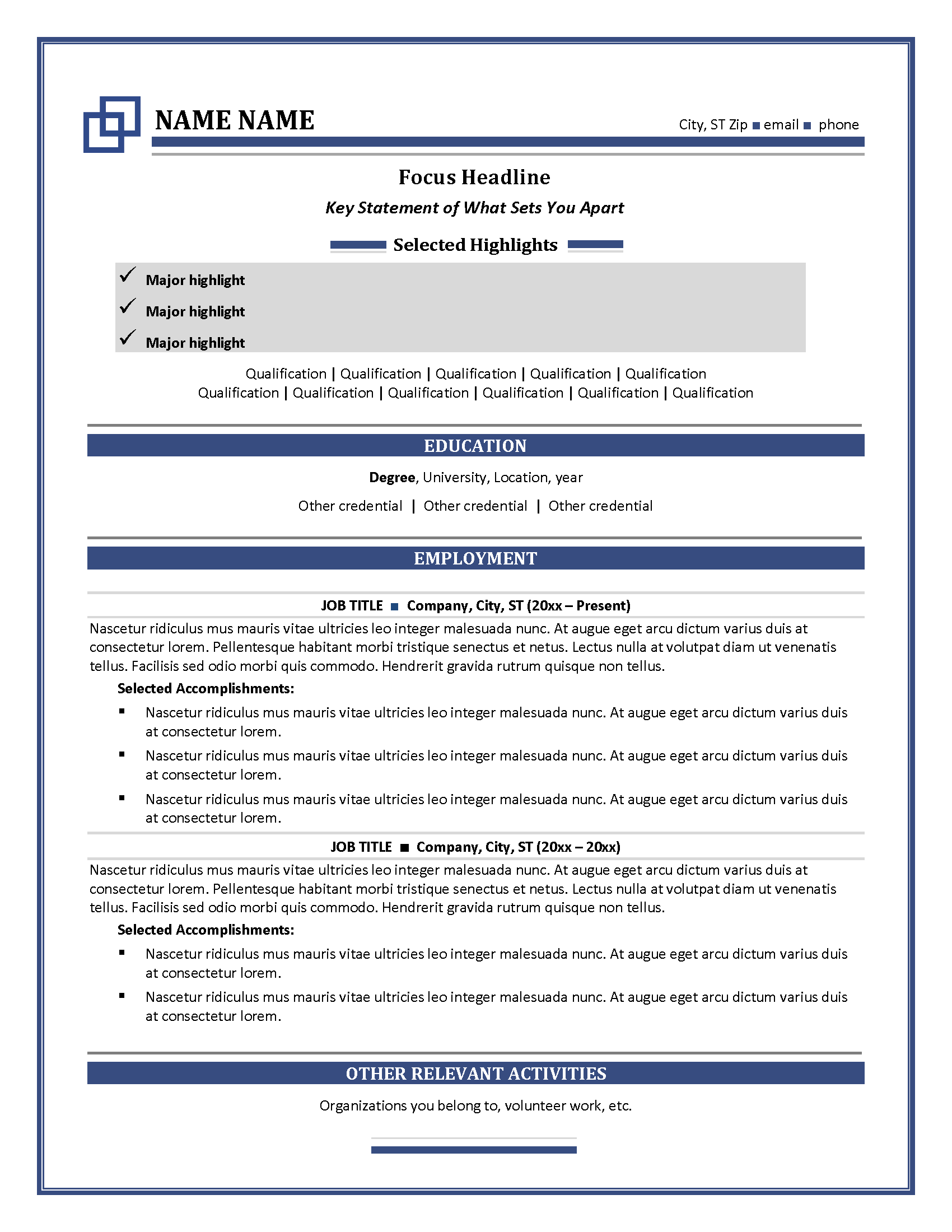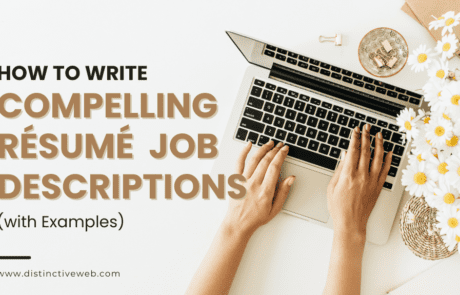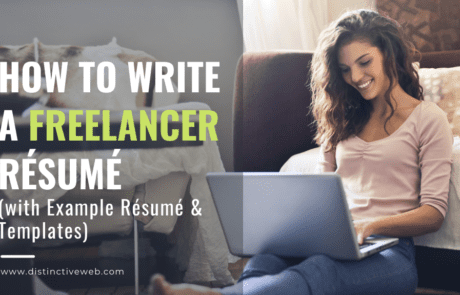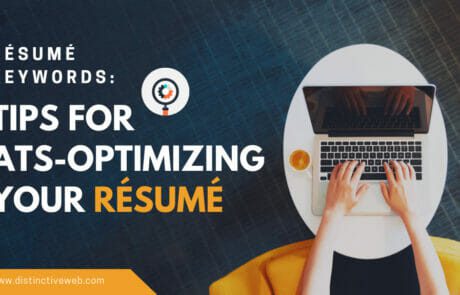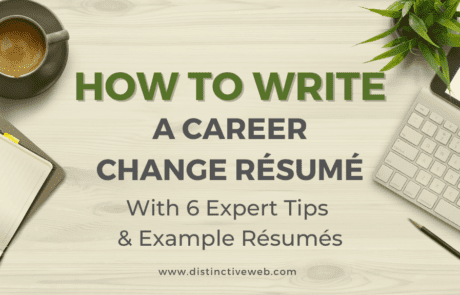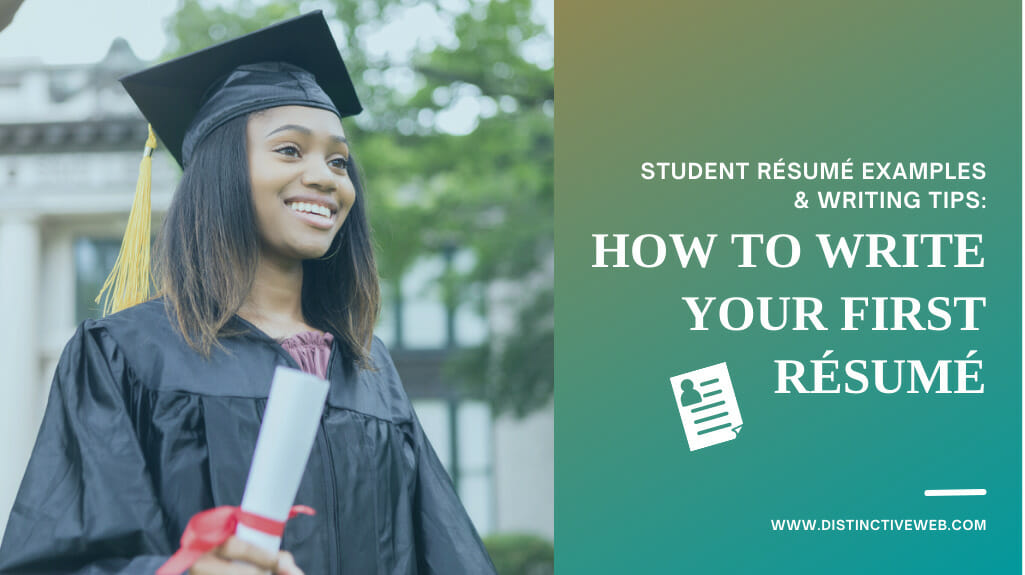
So, you have never needed a resume before. But now you do. You are about to graduate and you need a resume to apply for your first professional position. But, you have no idea where to start and so you start scouring the internet, searching for student resume examples.
If you are a new graduate or soon-to-be-graduate who will be entering the job market, you may be a bit anxious.
You’ve probably come across job openings that sound interesting, but you notice that you’re lacking some of the desired qualifications. Is it okay to apply anyway? In most cases, it’s worth taking a chance. But you need a resume to position you for those jobs. So where to start?
Writing your first resume does not have to be difficult. Just remember the purpose: to get you the opportunity to interview for the job. Everything you do — and include — should focus on this goal.
Guidelines for Writing Your Student Resume
Before and After Student Resume Example
You should never copy a resume. It simply won’t work for you if it isn’t yours, and that is true no matter how good the resume is. Even if the copied resume lands you an interview, you need to be able to speak to the experience and accomplishments described.
You not only have to walk the walk, you have to talk the talk.
But, there is so much you can learn by studying student resume examples that have been professionally written.
The before version of this student resume example for a student uses dated techniques such as placing a generic objective statement at the top. While a qualifications summary or profile section is the current standard and best practice, many older books and even some college career centers are still teaching students to include an objective on college student resumes.
The body of the before resume had many other problems, including a format that “screamed” entry-level candidate, content that emphasized job responsibilities rather than accomplishments, and data that was working against the newly graduated student, actually helping employers to screen the resume out rather than in.
The professionally rewritten version of the student resume includes a summary section that sets the focus for the resume, and makes an immediate and compelling case for the value this job seeker had to add to an employer.
The bulleted competencies at the top ensure that critical keywords have been included in the resume while providing a way to promote the qualifications and knowledge this young professional offers, much of it gained from college courses.
The body of the resume has been rewritten to really emphasize the most relevant experience while highlighting accomplishments that differentiate this graduating student from other job seekers.
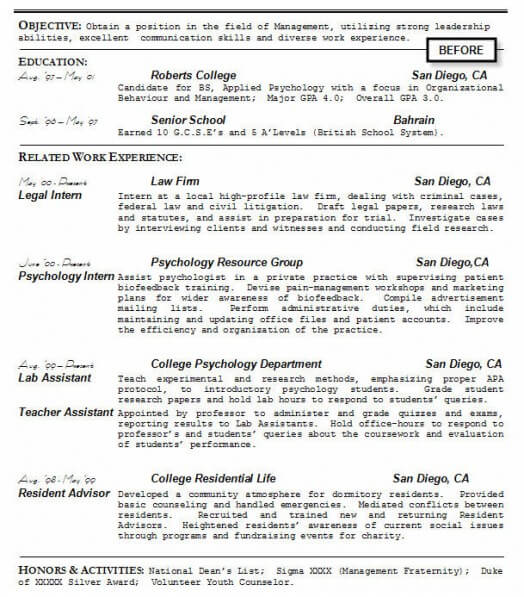
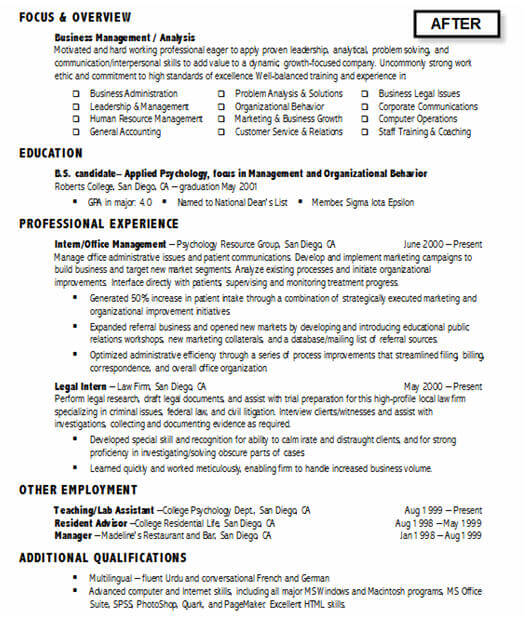
Don’t Forget the Visual Appearance of Your First Resume
Your student resume should be designed to appeal to a human reader, even if it initially will be electronically submitted (and likely will go through applicant tracking system software).
Not everyone has the design skills to create a standout resume. If you choose to use a resume template, make sure you use one that is not only attractive but is ATS friendly. Most of the resume templates that you find for free or for sale on the internet are NOT compatible with ATS systems and this can destroy your job search results. The resume templates from Distinctive Resume Templates are specifically designed to be ATS friendly in addition to being visually attractive. There are also many that have been created specifically for students or other entry-level professionals to create their first resume.
Here are some student resume example templates. Click on each for more information.

